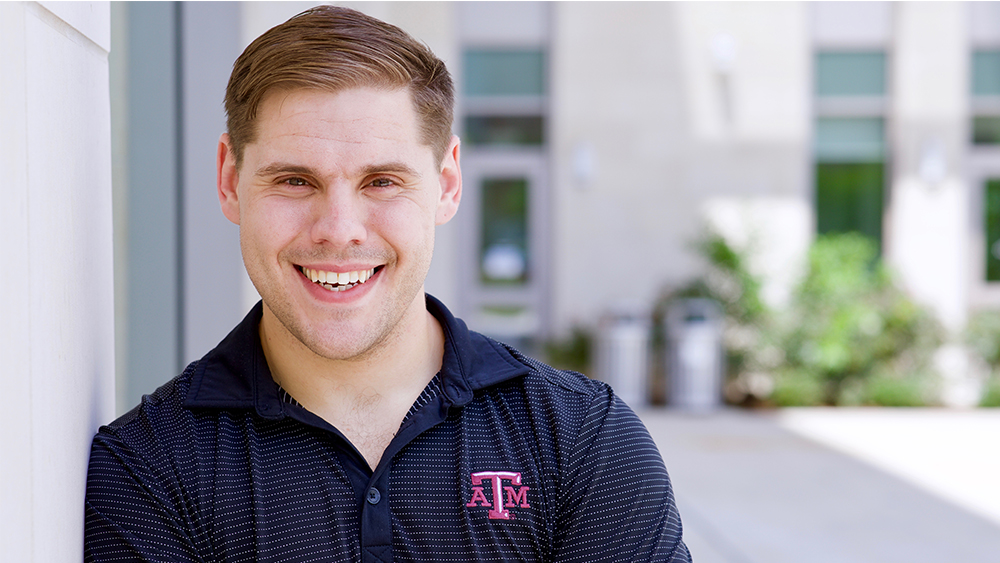
Since 2015, the Data-Enabled Discovery and Design of Energy Materials (D3EM) training program at Texas A&M University has been developing interdisciplinary leaders across the College of Science and College of Engineering.
D3EM is led by Dr. Raymundo Arroyave, Presidential Impact Fellow and professor in the Department of Materials Science and Engineering.
“One of the most rewarding aspects of the program is the fact that we have such a diverse group of students with all kinds of life experiences,” said Arroyave.
Funded by the National Science Foundation, the program focuses on empowering graduate students with the skills needed to create and apply data-driven approaches to the development, design and application of advanced materials and machine learning for energy-related technologies. Through both fellowship, research and networking opportunities, it bolsters the students of today as they work toward a more sustainable tomorrow.
Needless to say I was ecstatic (to learn about the student regent appointment), this is an opportunity I have had my eyes on for years and it's incredibly exciting to see years of work pay off.
“The D3EM group has been using data to learn a substantial amount about materials compositions and processing methods, and has derived methods that are currently being fielded by entities, such as NASA, to create materials with specific properties that are useful for very specific applications,” said McClenny. “The D3EM research is a test bed for proof of concept that we can learn real, practical and pragmatic methods of utilizing materials data to our advantage.”
In addition to creating, he is also looking into how materials break down.
In a collaborative project between the D3EM and the Army Research Lab, McClenny is investigating how machine learning can be applied to the fracturing process of materials in order to predict when breakage or deterioration will occur in military vehicles and, ultimately, prevent it from happening in the first place.
For example, a military aircraft is comprised of a myriad of components – each in different stages of wear and tear. By building smart vehicles that can begin to detect their own deterioration, pilots and engineers will be able to better determine the overall state of their vehicle, which will help with maintenance and operational requirements.

Through his experience with D3EM, McClenny has been given the opportunity to pursue his research passions while also honing his professional and technical skills to be able to effectively communicate within, collaborate and lead an interdisciplinary team now and into his future career.
“Better material implies better structures, and probably cheaper to manufacture as well,” said McClenny. “As we learn more about how to manufacture materials to the exact specifications we desire, we can remove the design constraints that exist with some materials used in modern structures, machines and medicine. Doing so would allow us to manufacture the exact material required for a task and can have significant implications in improving the designs of the future and optimizing the designs of the past.”
“Levi is a perfect example of the students we aspire to train as he not only brings his expertise in computer science and machine learning into a materials science program but his military perspective brings a sense of purpose to some of the problems we study as part of the program,” said Arroyave.
Harnessing his diverse experiences and dedication to a better future, McClenny is now taking steps toward his new appointment as student regent.
“Needless to say I was ecstatic (to learn about the appointment), this is an opportunity I have had my eyes on for years and it's incredibly exciting to see years of work pay off,” said McClenny.
Learn more about the Data-Enabled Discovery and Design of Energy Materials (D3EM) training program.